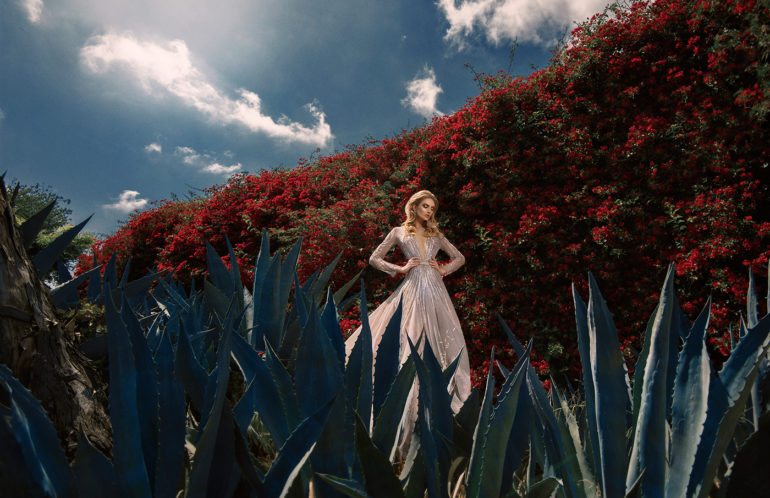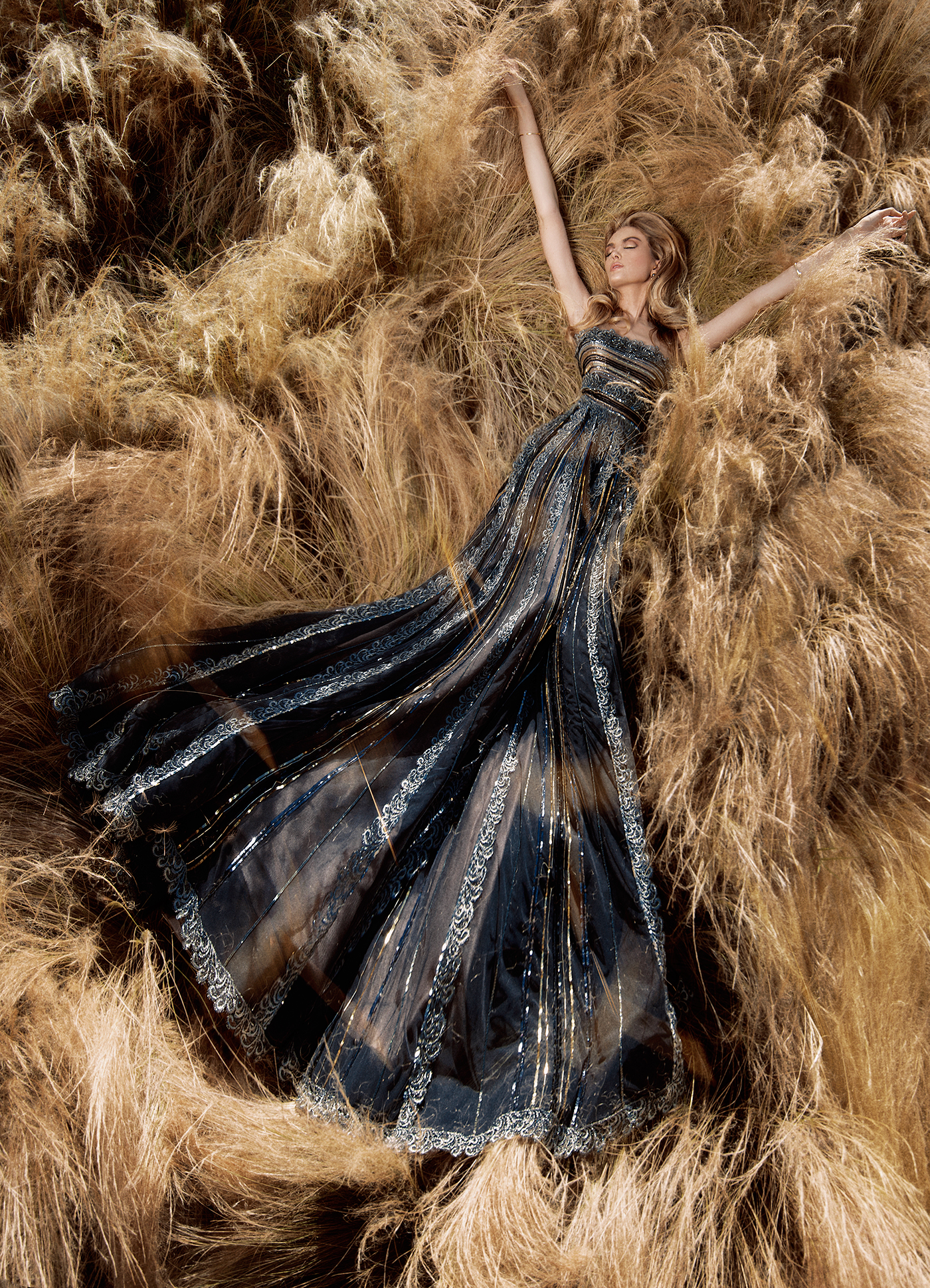We’ve featured photographer Jvdas Berra several times on this site. His resume is huge, and perhaps we’re all really familiar with the work that he’s done in Vogue over the years. There’s a great reason why he’s rated one of the best fashion photographers of 2023. But we were also curious to hear his thoughts on AI. And believe it or not, they might surprise you.
All images by Jvdas Berra. Used with permission. This interview has edited with grammatical corrections. Check out his Instagram for more.
Phoblographer: We really liked your images partially because, as we’ve been going through various projects, there’s something that’s very human about it. With that said, what are your thoughts about all the AI projects out there these days and “AI photos” as they’re called?
Jvdas Berra: First of all, thank you very much. I always tried to make windows to surreal worlds but always with some reality, and that reality always comes from my subjects.
For me, AI is not the future, is the present. I think we as photographers need to evolve and learn how to use these tools cause AI is that, a tool. Personally, I have a year of working with AI and mixing it with my photography to improve and evolve my style.
I believe that today is happening exactly the same as when Photoshop came, a lot of people were worried about the future of photography and started to criticize the post-production process made on the software. At some point, I think it will be completely unified and will be something normal for everyone.
Let’s embrace the new technologies. It’s evolve or perish in the process.
Phoblographer: How much post-production do you typically do? How much of a percentage of your photography would you say is pre-production, on set/in-camera, and post-production?

Jvdas Berra: For me, post-production is something really important, but for every photo I do the pre-production is 50% as I don’t like to prepare anything due I am a very improvised photographer, the production is the most important for me, and takes the 60% of it and to end the other most important is the post-production with the 40% of my effort.
With post-production, I have the chance to reach infinite possibilities that are not possible in real life. I feel I can create anything like a god.
Phoblographer: What do you think will help humanity with creation vs the use of AI?
Jvdas Berra: I believe that mixing infinite human creativity with limitless AI is going to take humanity to the next level of advances, talking about art and science. Let’s don’t forget that AI is an invention that we made as humans, and this is just an add-on.
Since a long time ago, every day since last year, I have been impressed with the insane creations that people are doing with the AI. I feel that we are in the middle of a huge change as species. I’m very excited to see what’s next and what we can reach as creators. Let’s don’t forget this technology is advancing very fast.
Phoblographer: I’ve been going to a bunch of experimental film festivals, and through conversations with colleagues, I’ve concluded that humanity needs to get very weird for us to be able to compete against AI. That means that we really need to tap into our emotions. As someone who does that already, what do you think of this statement?
Jvdas Berra: I think this is a point of view that is coming from the wrong conception. We are not here to compete with AI, we are here to use it and improve our work and lives with it.
Our emotions need to be conducted to the creation by using the AI, not about to compete against an intelligence that has all the resources and infinite options to resolve any kind of necessity we have.
Is not possible to compete against the machines. For the first time in our history, we have created something that is more capable and Intelligent than us, but we are lucky enough to have this power in our hands, so let’s use it until we come to the realization that we can be the used ones, speaking in the fiction mode, but remember sometimes fiction is more real than reality.
To negate or try to compete with the technology once it’s out to the world is pure resistance, is trying to be in the darkness and to be destined to destruction or oblivion. We need to embrace it, adopt it, and make it our normal life.
I have one year of using this technology, and my photography has improved because of that. The mere existence of one does not means the destruction of the other, is just a matter of balancing both for a common good.


